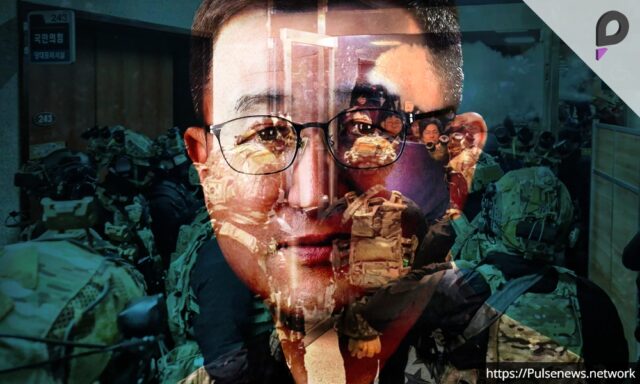SEOUL: South Korean Army Chief Park An-soo, offered his resignation following the recent martial law controversy.
Park, who previously served as South Korea’s martial law administrator, addressed the issue in Parliament today.
He acknowledged his minor involvement in the decision to implement martial law, which was announced by the president.
South Korean Army Chief stated, “We are experts in military operations, not in imposing martial law or running a military government.”
He clarified that his role in the decision to declare martial law had been minimal and was misunderstood.
In addition to Park’s resignation offer, the South Korean Minister of Defense, who proposed martial law, also resigned.
Earlier, the South Korean president declared martial law for two days, but it was revoked after parliamentary opposition.
Following the reversal, South Korea’s parliament moved to initiate an impeachment motion against the president.
The decision to implement martial law initially drew strong criticism from political parties and citizens across the country.
Opposition lawmakers argued that the declaration was an attempt to concentrate power and undermine the democratic process.
After the president lifted martial law, tensions remained high, and protests erupted against the controversial decision.
The parliamentary move to impeach the president gained support, signaling a possible political crisis for the administration.
Political analysts suggested that the country is now at a crossroads, with potential long-term impacts on its democracy.
Park’s resignation offer and the subsequent fallout reflect growing divisions within South Korea’s political and military leadership.
The controversy over martial law has raised questions about the role of the military in South Korea’s governance.
Public trust in the president’s leadership has eroded, as concerns over authoritarian tendencies continue to grow.
South Korean citizens are demanding clarity and accountability from their government, as political instability looms large.
As the political crisis unfolds, South Korea’s future political landscape remains uncertain, with impeachment proceedings ahead.











